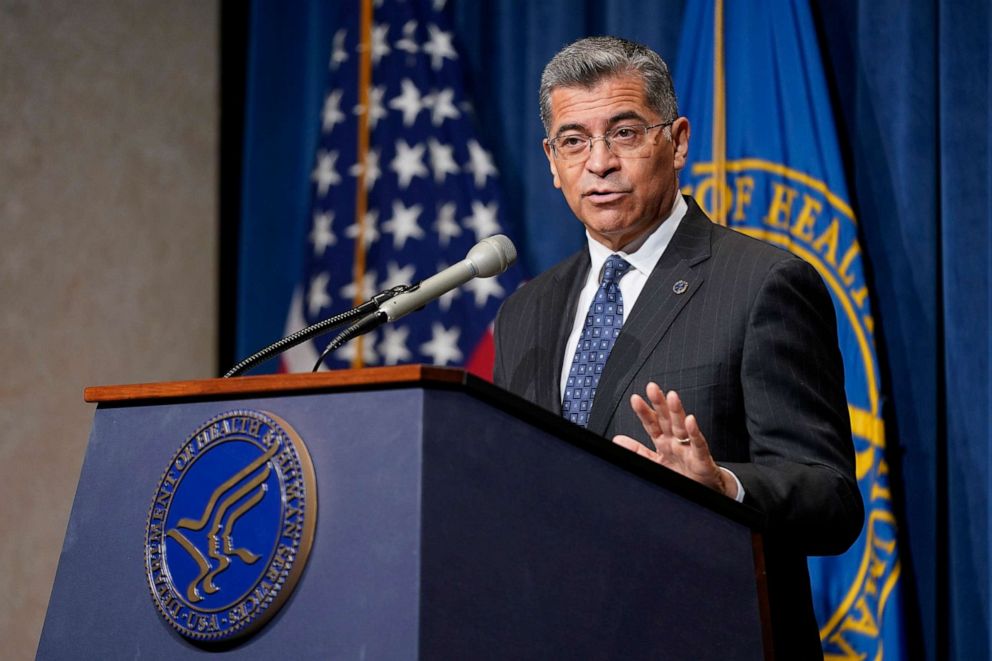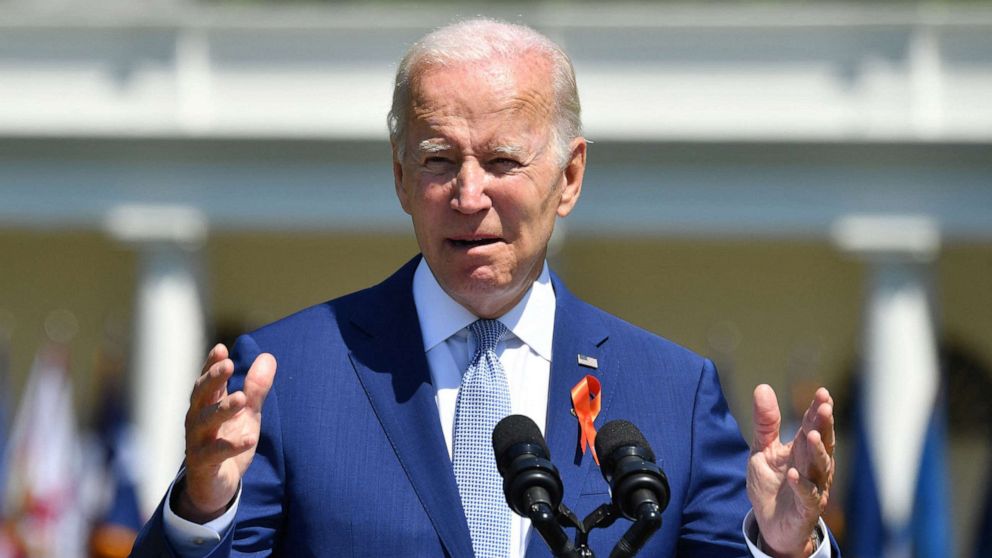Biden admin will protect right under federal law to abortion in medical emergencies
The Biden administration announced Monday that it is telling hospitals it will aggressively enforce a federal law that calls on doctors to stabilize patients in need of emergency medical treatment -- including by providing an abortion if the doctor thinks ending a pregnancy is needed to protect the person's health.
Officials say they believe the standard under federal law goes further than anti-abortion statues in states that allow abortions only to protect a woman's life. The move is the latest effort by President Joe Biden to try to blunt the impact of the Supreme Court's ruling last month overturning the guarantee to access abortion, which drew widespread conservative praise.
The new guidance to hospitals was included as part of an executive order signed by Biden last week.
While the effort doesn't include any new protections or laws -- and it doesn't expand access to abortion care in states that restrict it -- administration officials say they believe the step is necessary to make clear to hospitals and doctors that they can still provide abortions if it protects the pregnant patient.
Following the enactment of several state laws severely restricting abortion except to save the life of the mother, medical experts warned the laws were too vague and that it wasn't clear what qualified as a life being in danger, what the risk of death was and how imminent death had to be before a health care provider could act.

In a letter to hospitals, Health Secretary Xavier Becerra said if there was any question, providers are to follow guidance under the Emergency Medical Treatment and Active Labor Act. Under the Supremacy Clause of the Constitution, federal law supersedes state law.
"As frontline health care providers, the federal EMTALA statute protects your clinical judgment and the action that you take to provide stabilizing medical treatment to your pregnant patients, regardless of the restrictions in the state where you practice," Becerra wrote.
The Department of Health and Human Services said emergency medical conditions involving pregnant patients may include "ectopic pregnancy, complications of pregnancy loss, or emergent hypertensive disorders, such as preeclampsia with severe features."
"Any state laws or mandates that employ a more restrictive definition of an emergency medical condition are preempted by the EMTALA statute," Becerra wrote.
He said in a separate statement on Monday that "health care must be between a patient and their doctor, not a politician. We will continue to leverage all available resources at HHS to make sure women can access the life-saving care they need."

HHS officials told reporters Monday that the federal government's goal was to provide clarity where state laws were too vague and to ensure doctors know the federal government would back their clinical judgement so long as it was standard medical practice.
"We're trying to give a lot more specificity here so that people don't feel like their patients have to be nearly dead before they're treating them," one official said.
The federal law known as EMTALA is enforced through complaints. If a hospital is found to violate the law, it could lose access to the Medicare program or face fines.




